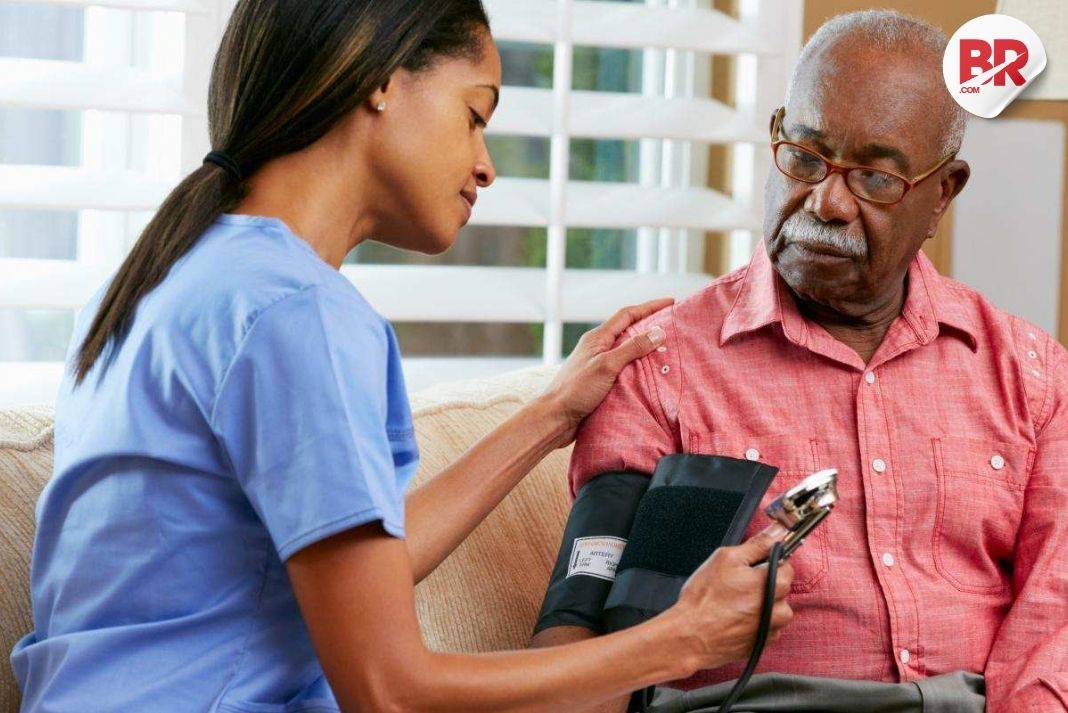
Creatine is one of the most popular supplements used by people who want to build muscle and improve their workout performance. It helps increase energy, strength, and muscle growth, especially during high-intensity activities like weightlifting and sprinting. But despite its benefits, many people worry that creatine might harm their kidneys.
The good news is, for healthy individuals, creatine is considered safe. Many studies have shown that creatine does not cause any harm to kidney function in people without existing kidney problems. For example, a 2012 study found no changes in kidney health in athletes who took creatine for 12 weeks. Another study in 2018 confirmed that using creatine for up to 21 months had no negative effects on kidney health. So, if your kidneys are healthy, you don’t need to worry.

The myth about creatine harming the kidneys likely comes from confusion between two similar words: creatine and creatinine. Creatinine is a waste product made by the body and removed by the kidneys. When you take creatine, your body may naturally produce more creatinine, but this is not dangerous. Sometimes, doctors see slightly higher creatinine levels on a blood test and think it signals kidney trouble, even when it’s just a harmless result of taking creatine.
Also See: India Reports Surge in Male Cancer Cases: Key Symptoms and Prevention
However, not everyone should take creatine without caution. If you already have kidney disease or are taking medications that affect your kidneys, it’s best to talk to your doctor before using creatine. In those cases, creatine might not be suitable and could possibly make things worse.
There’s also a common question about whether you need to do a “loading phase” with creatine. Some people take a high dose (about 20 grams a day) for the first week and then reduce to a smaller daily dose (3–5 grams). But research shows that this isn’t necessary. You can just start with the smaller dose, and over time, your muscles will still get all the benefits.
Read more: Why Are So Many Falling Ill in Kerala? — Over 3,000 Infected Hepatitis A
To use creatine safely, make sure you drink plenty of water throughout the day, as it can cause mild dehydration. Also, pay attention to how your body reacts. Some people may experience bloating or stomach discomfort when they first start taking it. If that happens, try lowering the dose or switching to a different brand. And most importantly, take it regularly—there’s no need to take breaks unless advised by a healthcare professional.
Also Read: Measles Found in Newborns: Six Babies in Ontario Infected from Unvaccinated Mothers
In conclusion, creatine is a safe and effective supplement for healthy individuals looking to improve their workout performance. The idea that it damages kidneys is a myth not supported by science. As long as you use it properly and stay informed, creatine can be a helpful tool on your fitness journey












